Our references



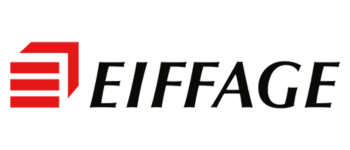



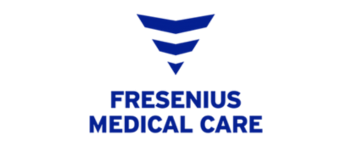

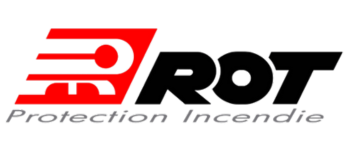
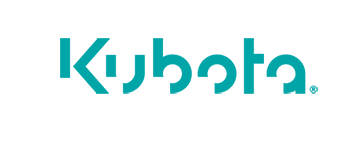



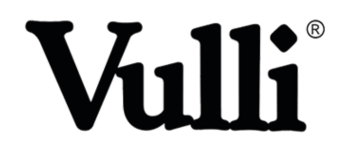
At Ose Industries, our experts address these challenges either on-site or in the laboratory to provide you with accurate answers to your questions:
Click here to view all our services for industrial clients.
We operate in France and across Europe.
48-hour turnaround available upon request and depending on the context.
Defraudulation is a process aimed at analyzing a commercial product, often composed of a complex mixture, to determine its precise composition. Thanks to various chemical analysis techniques, not only are the types of raw materials used identified, but also the exact quantities present in the product formulation. This approach makes it possible to understand how a product was manufactured, by breaking down its constituent elements.
We intervene with industries in the context of:
Thanks to our technical resources, we operate on-site (throughout France and Europe) for all requests in the context of Chemical Risks, Industrial Pollution, and trace characterization research.
Samples are analyzed using different methods depending on the context:
Pollution and chemical risks are a common issue that can lead to numerous risks for workers and the company's activity.
It is important to limit the impact on operators and the finished product. OSE Services offers on-site intervention to:
Pollution in a company can be of unknown origin: at OSE Services, the engineers are experts in operational physico-chemical analyses and in chemical risks. They go directly on-site to carry out analyses on-site, equipped with professional portable equipment and transportable analysis instruments allowing quick identification of products to obtain immediate answers.
Various advanced technical means for the analysis, identification and qualification of organic and inorganic chemical substances.
Chemical analyses of traces and unknown materials (judicial intervention, chemical contamination...)
An unknown product refers to any substance—liquid, solid, gas, or microparticles—whose chemical composition, structure, or properties are not clearly defined.
Being able to identify them is crucial for companies for a variety of reasons and needs.
Depending on the context, an unknown product may be associated with:
Any product, regardless of its state—whether in powder, liquid, or solid form...
As part of chemical analysis aimed at identifying the causes of production defects—such as stained products or unwanted residues—several key steps must be followed.
At Ose Industries, we take care of the entire process:
All based on cutting-edge technical resources and our expertise.
The results will help determine whether:
Based on the conclusions of the analysis, corrective measures may be recommended, such as:














